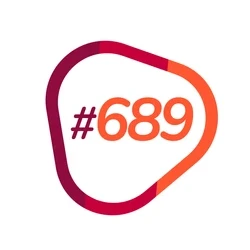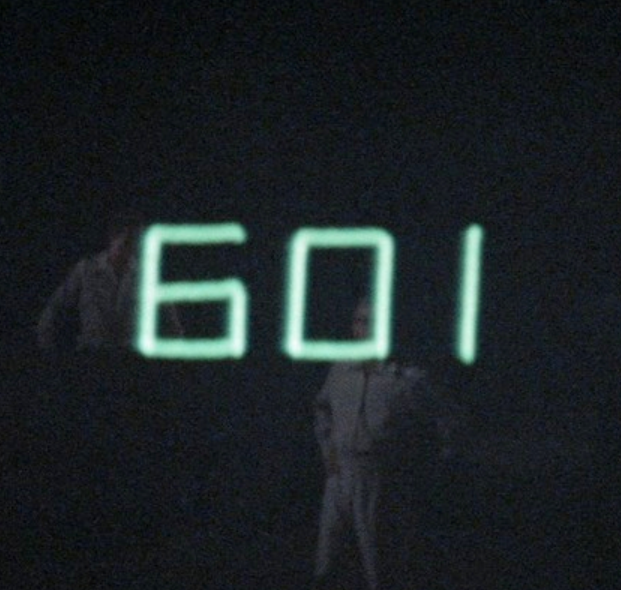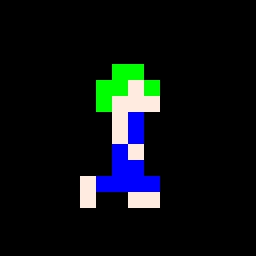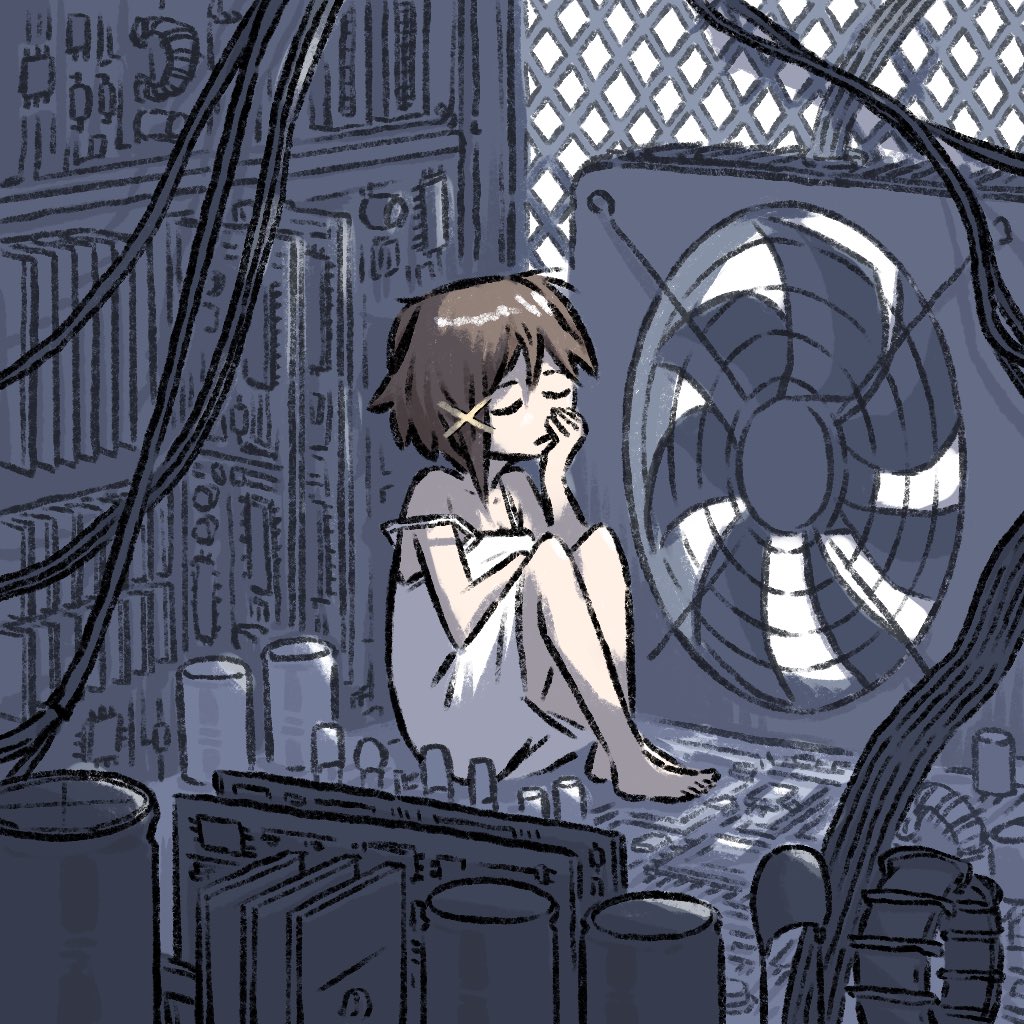Do you actually own anything digital?::From ebooks, to videos and software, the answer is increasingly no
I think it depends on the definition of own, if it can be sold to someone else who will then own it. If it doesn’t have value like that, then it is just something you have, like pocket lint.
Oui mes empreintes.
Je n’ai aucune idée de ce que vous dites.
In French digital means related to fingers. Empreinte digital means fingerprint.
What is funny is digital is sometimes used like in english by French companies, it can gives stuff like finger related jobs ( digital jobs).
Le seul truc dont je me débarasserais bien
Definitely not my car. And if I can help it, it’s going to stay that way.
I own lots of content, because I created it myself.
Even then, do you truly own anything?
What even is the point, as all we are is but dust in the sands of time
All those movies will be lost in time, like tears in rain…
I actually wonder if the files you download off Bandcamp have DRM on them or not.
I am curious why you think that. I download Bandcamp files and place it on a home server, and I have never had any problems. It is conceivable that they have a tracker or some bull shit connected to it, but more than a little unlikely.
Bandcamp files play fine on non bandcamp-approved playing devices. This is a big win on my book.
I guess that answers my question. Thanks, mate.
They do not have DRMs.
Good to know
Only if its still there and you can use it entirely when internet goes bye-bye forever
It all depends on the licence. Even if you buy something on physical media you may not technically own it. If something has a FOSS licence MIT, BSD, GPL, etc Then yes you do own your copy and no one can change that.
I may only have a license to view the contents of a dvd, but at least I’ll always be able to view it as long as it’s in my possession and I have a dvd player.
Content you can only access remotely via someone else systems (or requiring remote authorization via there systems) can be taken away at anytime regardless of the terms of your license, even supposedly “indefinite/permanent/lifetime” licences.
Both of these items use the same term ‘purchase’. This term used to refer to the first situation only, but now it covers both.
If buying is not owning, then piracy is not stealing.
We get it, every comment on every Lemmy post. We get it.
- FOSS licenses are distribution licenses, not EULAs. You have the right to own and use software you acquire even without agreeing to them; they only “kick in” when you decide to do something that would otherwise violate copyright law.
I liked the explicit way version 2 of the GPL explained it:
Activities other than copying, distribution and modification are not covered by this License; they are outside its scope. The act of running the Program is not restricted, and the output from the Program is covered only if its contents constitute a work based on the Program (independent of having been made by running the Program).
Version 3 says the same, but less clearly (note that “affirms” is entirely different from “grants”):
This License explicitly affirms your unlimited permission to run the unmodified Program.
- EULAs presume to “grant” you something you already have due to the First Sale Doctrine (namely, the right to use your property) and are therefore complete bunk as they lack “consideration.” If you believe EULAs are somehow valid just because the copyright cartel’s shysters say so, you need to learn to quit taking advice from the enemy!
You wouldn’t pay to not own a car
Idk, lots of people lease… So I guess they would
You technically own the car, but some functionality is behind software locks and these days even paid subscriptions. How much do you really own?
Ahem, what about car rentals when you travel? 😜 Just kidding: in this case you know very well you’re not owning the car and only using it for a very short time
deleted by creator
Like Doctorow said, if you cant own it you can’t steal it.
I really wish there was some form of individual copyright that could be sold for specific media. I buy a song on itunes - I own a limited license to listen to that song so long as iTunes may serve it. If I was smart enough to download it to my device, then I might hold onto it a few moments longer in spite of Apple losing the copyright and denying me the ability to listen again on devices without the download. Sucks for me right?
What if I could buy a limited copyright? One that is strictly tied to my individual person and that specific media I had purchased. That copyright is nontransferable, but it is platform agnostic. I could then use that legal copyright to view or listen to that media on a streaming or distribution platform of my choosing. I could listen to a song on Spotify, or Pandora, or Apple, or Google, and I only had to buy it once. Those platforms would not need to negotiate copyright access for media, only demonstrate the ability to serve that media and limit access to those with the copyright.
I would HAPPILY buy all of my media for a … 3rd time? 5th time? God I don’t even know how many times I have purchased some of my music. Vinyl, CD, iTunes, streaming services a plenty… a second CD or two from mixes. Yeesh. I’m fucking tired of it. I want to be able to feel as if I had some kind of longer lasting ability to access the media of which I have paid for.
deleted by creator
No, more like a way for copyright holders to generate and sell limited licenses. Nothing requires centralization here except some brief api for validating licenses.
Unironically, block chain. A legit use for NFTs
It’s a very complex answer, but in short, no. You don’t own anything.
Even if you buy a CD or record you own the medium and the right to reproduce the content, but you don’t own the content itself. Hence why it’s illegal to make copies or commercially reproduce content. Same thing with electronic devices. You might own the hardware itself, but design of it is copyrighted and software you only get the permission to use.
deleted by creator
deleted by creator
deleted by creator
I think I own my fingers, so them.
Those who down voted you are either idiots, or hate clever wordplay
Or they saw that I made the same joke five hours before this one? :p
I don’t get it
Digit is the medical term for a finger. Digital is the term for pertaining to or describing the fingers
Haha alright that’s pretty clever word play
or they just hate OP for still having their fingers
Here’s the summary for the wikipedia article you mentioned in your comment:
Digital rights management (DRM) is the management of legal access to digital content. Various tools or technological protection measures (TPM) like access control technologies, can restrict the use of proprietary hardware and copyrighted works. DRM technologies govern the use, modification and distribution of copyrighted works (e.g. software, multimedia content) and of systems that enforce these policies within devices. DRM technologies include licensing agreements and encryption.Laws in many countries criminalize the circumvention of DRM, communication about such circumvention, and the creation and distribution of tools used for such circumvention. Such laws are part of the United States’ Digital Millennium Copyright Act (DMCA), and the European Union’s Information Society Directive – with the French DADVSI an example of a member state of the European Union implementing that directive.Many users argue that DRM technologies are necessary to protect intellectual property, just as physical locks prevent personal property from theft. For examples, they can help the copyright holders for maintaining artistic controls, and supporting licenses’ modalities such as rentals. Industrial users (i.e. industries) have expanded the use of DRM technologies to various hardware products, such as Keurig’s coffeemakers, Philips’ light bulbs, mobile device power chargers, and John Deere’s tractors. For instance, tractor companies try to prevent farmers from making repairs via DRM.DRM is controversial. There is an absence of evidence about the DRM capability in preventing copyright infringement, some complaints by legitimate customers for caused inconveniences, and a suspicion of stifling innovation and competition. Furthermore, works can become permanently inaccessible if the DRM scheme changes or if a required service is discontinued. DRM technologies have been criticized for restricting individuals from copying or using the content legally, such as by fair use or by making backup copies. DRM is in common use by the entertainment industry (e.g., audio and video publishers). Many online stores such as OverDrive, use DRM technologies, as do cable and satellite service operators. Apple removed DRM technology from iTunes around 2009. Typical DRM also prevents lending materials out through a library, or accessing works in the public domain.
Digital restriction management


















